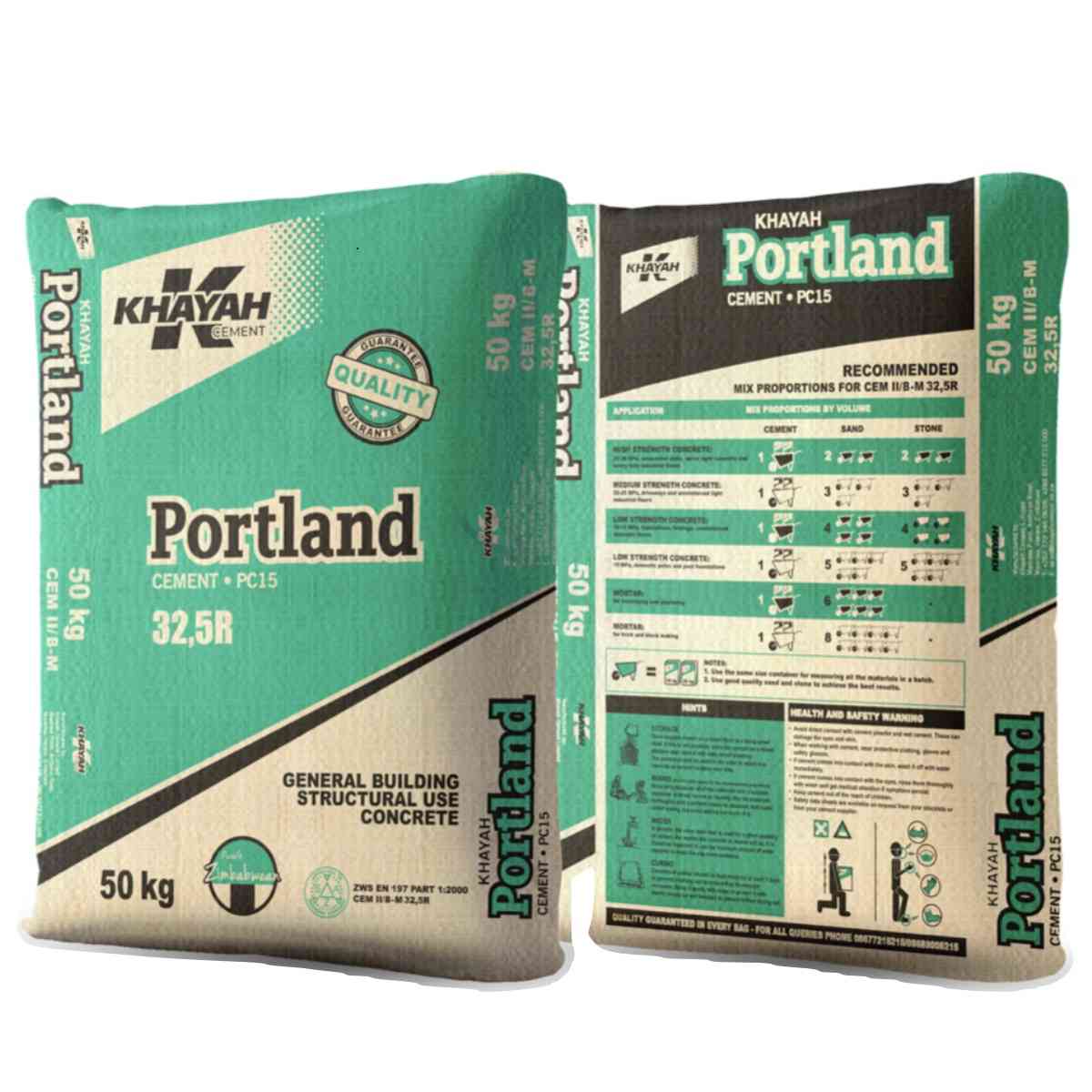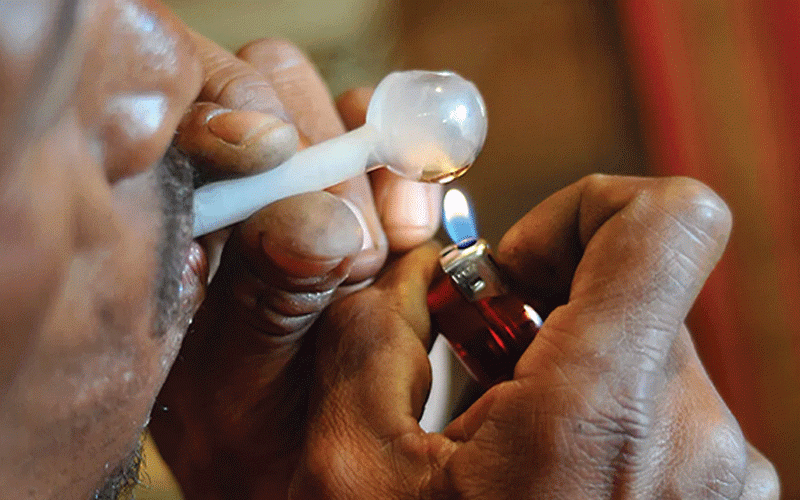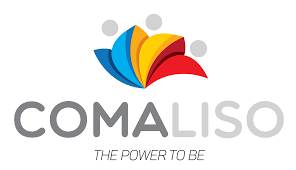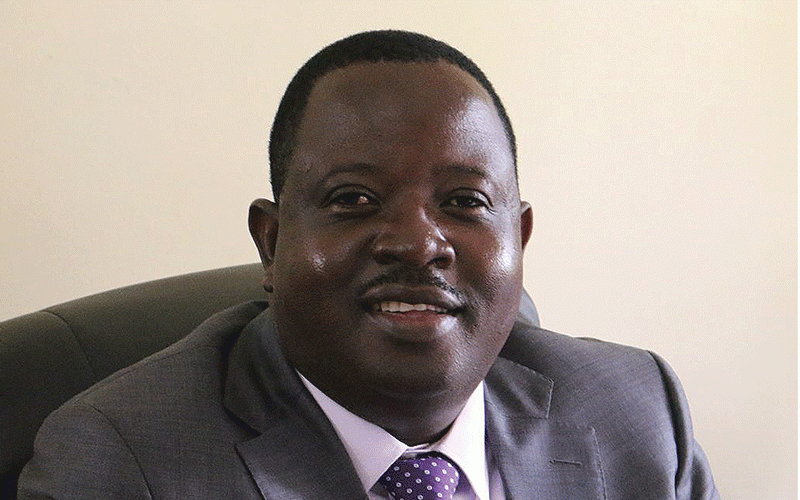
AN estimated US$451 000 and ZWL$641 million was recovered from healthcare fraud, waste and abuse in 2023, compared to ZWL$179 million and US$71 000 in 2022, an official has said.
While giving an overview of the medical aid sector at the ongoing Association of Healthcare Funders of Zimbabwe (AHFoZ) annual conference in Victoria Falls, AHFoZ chief executive officer Shylet Sanyanga said in a bid to fight healthcare Fraud, Waste and Abuse, AHFoZ has collaborated with the ZRP Commercial Crime Division and the Allied Health Practitioners Council of Zimbabwe.
“Efforts are also being made to collaborate with more stakeholders in this space. These include the Zimbabwe Anti- Corruption Commission (ZACC), National Prosecuting Authority and the Reserve Bank of Zimbabwe (RBZ) Financial Intelligence Unit. The Risk Management Portal is also being upgraded to facilitate effective reporting of Fraud, Waste, Abuse (FWA) cases in real time,” she said.
She said AHFoZ members have continued to complement Government through paying for the healthcare services for the majority of the working population and their families.
“AHFoZ members collectively cover 1.63 million lives which translates to about 10.8 % of the population. Medical aid societies account for 80% of healthcare service providers’ income. In the year 2023, AHFoZ members collectively paid approximately ZWL$103 billion and USD$25 million towards claims settlement, compared to ZWL$17 billion and USD$11 million in 2022.”
"The largest chunk of claims expenditure went to drugs which accounted for approximately 21%. While in- patient services /private hospital fees accounted for approximately 20%. General Practitioners accounted for 9.8%, Pathologists 9.7 % and dentists 9%, compared to 21% which went towards drugs, while in-patient services/ private hospital fees accounted for approximately 17%.”
“In year 2022 general practitioners received 10% of the pie, Pathologists received 10% whilst dentists received 8% . Medicines and hospitalisation always claim the biggest slices of the cake. Regrettably this reflects a tendency to access healthcare services at a higher entry level,” she said .
Sanyanga said, ideally, general practitioners should be amongst the top “claimants” for (legit claims) in line with the referral system.
- Exchange rate crisis hits medical aid societies
- AHFOZ Annual Conference roars to life
- Health talk: Unnecessary interference frustrating private medical sector
- Opinion: Unnecessary refereeing frustrating the private medical sector
Keep Reading
“General practitioners are the “gatekeepers” and should always be the first “Port of call” for patients. However, they should refer on time when the need arises whilst the specialists should also refer patients back to GPs after specialist intervention,” she said.
Sanyanga also questioned the various initiatives that have been put in place and interventions that have been made saying there is need to review them to see if they are serving their purpose.
“However we have not intentionally stepped back to review the outcomes of all the initiatives. There are several situations which beg the question on outcomes. The Zimbabwean society is generally not litigious.”
“The society has faith in healthcare practitioners for better or for worse. Some families have sold property to pay healthcare Bills and still lost loved ones. It is questionable whether some initiatives have given value for money or have been for Academic interest or have speeded up deterioration and demise of patients,” she said.
She urged member societies to be intentional about focusing on healthcare outcomes for their members.
“They are expected to conduct their business with the full realisation that they are in the business of Health, not financial services. They should invest in providing holistic care to their members from effective prevention, treatment and rehabilitation. The outcomes should contribute towards the National Health Strategy goals,” she said.
Regarding subscriptions, she said. “AHFoZ urges its members to use actuarial expertise for determining medical aid subscriptions to set correct contribution levels and realistic global limits thereby reducing shortfall incidences. This is because member contributions are the only source of revenue for medical aid societies.”
“Whilst shortfalls are common world over, as they are also used to avoid abuse of the medical aid card, they should not be barriers to access.”
“Since illness strikes when people are not prepared, it is ideal that shortfalls are either eliminated completely or are at the barest minimum.”
This year’s conference is the 15th annual “All Stakeholders’ Conference on Health” hosted by AHFoZ. The conference will be running under the theme “Zooming in on Health Outcomes: Making the Main thing the Main thing”.











